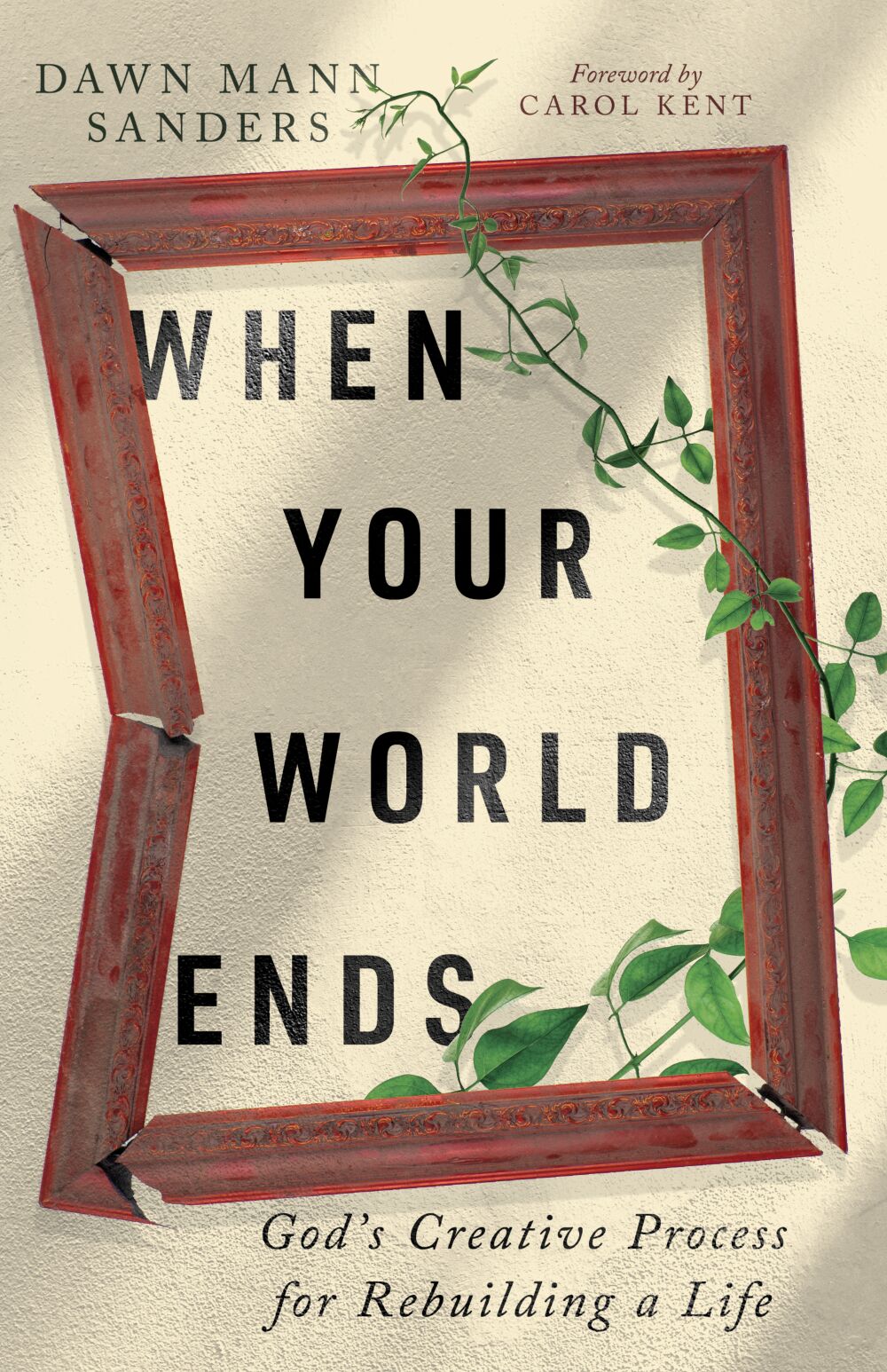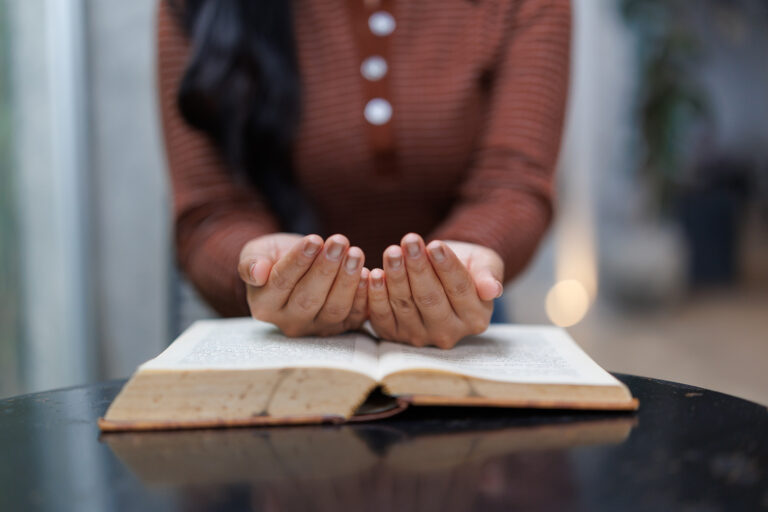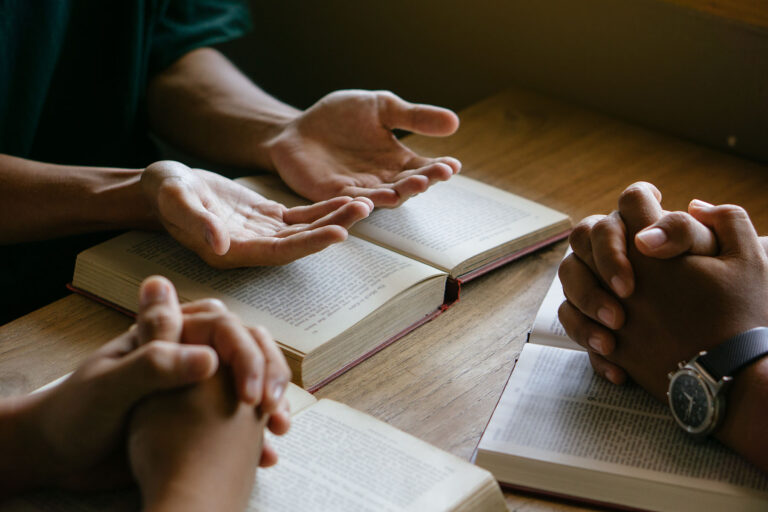For the first time in three years, my cousins and I are planning a girls’ trip. This time, we’re meeting in Savannah, Georgia for Juneteenth (or Freedom Day) weekend. As the weekend drew near, we began to get excited about celebrating the holiday commemorating the end of slavery across the US in a city with a deep, rich African American history. That was until the latest rash of mass shootings, not least of which are Buffalo, New York and Uvalde, Texas.
The list of potentially unsafe activities in America just keeps getting longer. Share on XNow, my family is hypervigilant with all the uncertainty around what are “safe” activities. They’ve pretty much ruled out anything involving a crowd. So, the tours and festivals we previously planned to attend are off the table. These activities are no longer deemed “safe.” And the list of potentially unsafe activities in America, like the hallway in The Shining, just keeps getting longer:
- Going to the post office, (yeah, Remember the expression, “Going postal.”)
- Working in an office,
- Attending a live concert,
- Shopping at a grocery store or Wal-Mart,
- Enjoying the area nightlife,
- Celebrating high school graduations,
- Getting care at a hospital,
- Watching a movie in a theatre,
- Studying in primary school, and
- Worshipping God in a place of worship.
That’s just to name a few.
As a Christian in America, I find the risk of worshipping in our country the most astounding. Yet, the risk and the uncertainty it creates are real.
In my opinion, it is a shame that among the very few certainties we have in this life the sanctity of the sanctuary has been breached—literally.
Part 11 of Choosing Wisely
Today’s discussion on certainty is part 11 of our deep dive into Genesis 2:15-17. This deep dive is a series on making decisions when creating our new lives. We are looking at this passage of Scripture because it contains the first choice God gave to humanity, the choice of selecting our food. As a passage about choice, we can extract guidelines from this passage we can use to choose the activities that make up our lives.
Then the Lord God took the man and put him in the garden of Eden to tend and keep it. And the Lord God commanded the man, saying, "Of every tree of the garden you may freely eat; but of the tree of the knowledge of good and evil you shall not eat, for in the day that you eat of it you shall surely die."
~ Genesis 2:15-17
In Genesis 2:16-17, God shared two certainties with Adam:
- God would provide Adam with food via the trees of the Garden of Eden, and
- There would be a cost if Adam or Eve disobeyed God’s prohibition regarding the food provided.
In these two certainties, I see three things:
1. God’s Provision
Adam could be confident in the freedoms expressed in God’s provision because Adam was confident in the provision itself. God demonstrated His faithfulness in that regard every day of Adam’s life. Once Eve was created, God even demonstrated that the provision via the trees extended to her. The creation story doesn’t even hint of Adam or Eve not finding food in the garden.
Trust God’s provision. Share on XNo, finding food via the trees of the garden was a certainty. In fact, Adam, Eve, nor the serpent questioned the availability of food. That seems to never have entered any of their minds. All three of them knew they could trust God’s provision.
It follows that if God could be trusted to keep His word to provide sustenance via the trees, then God could also be trusted to keep His word in regards to His stated consequence of disobedience.
As long as we stayed in God’s boundaries, God’s provision was and is assured. We can take that to the bank.
Ironically, my family didn’t question God’s provision either. None of us questioned the availability of places to go—in Savannah or another place in the world. No, God has provided many wonderful, beautiful places to go and see. There are even many places to go to explore African American history.
It also never entered our minds that we wouldn’t have activities to do once we arrived either. One family member even suggested staying at our rental and playing games. If we wanted to experience Savannah or Juneteenth, we could have our own celebration. We didn’t have to go to a crowded venue for that.
The bottom line: As long as we stayed in God’s boundaries, God’s provision was and is assured. We can take that to the bank.
2. God’s Prohibition
Though my family didn’t question God’s provision, they did question their safety.
Safety was also what got Eve’s attention when the serpent approached her. The serpent first asked about the limits, but having experienced God’s provision first hand, the serpent’s first question didn’t faze her. The freedom she experienced far surpassed any limitations.
It wasn’t until the serpent’s second question about her safety—and it not being an issue—that Eve began to be deceived. Ironically, surveys still list safety and security as a top issue for women today. Here, we see it’s been that way since the beginning.
Genesis 3:1 says, “The serpent was more cunning than any beast of the field.” The Hebrew word translated “cunning” means shrewd or crafty. It was in making Eve feel safe that the serpent’s cunning is most demonstrated.
Instead of fear, the serpent deceived Eve through ignorance.
You see, Eve didn’t have a full understanding of God’s command around the food. When Eve recounted God’s command, she demonstrated a misunderstanding of several important points including the certainty expressed when God told Adam eating of the tree of the knowledge of good and evil would “surely” result in death.
No, the serpent didn’t deceive Eve by making her afraid. In fact, the serpent couldn’t make Eve afraid prior to her eating of the tree of the knowledge of good and evil because fear, which was and is evil, was not a part of her experience—at least not yet. He had to prey on her sense of security rather than her insecurities because at that time, she didn’t have any insecurities to prey upon.
We will have problems whenever we seek safety and have confidence outside of our Heavenly Father. Share on XThus, the serpent deceived Eve through giving her a heightened or exaggerated sense of safety and confidence, not insecurity and a lack of confidence. The problem was she found safety and confidence outside of God.
We, too, will have problems whenever we seek safety and have confidence outside of our Heavenly Father.
3. God’s Protection
Though, like Adam, Eve’s trust in God’s provision was reinforced at every meal, the food provided was only evidence of God as a provider. In other words, Eve knew God was a provider because she experienced God’s provision.
However, Eve didn’t have the same knowledge of God—experiential knowledge—as a protector. Her knowledge of God as a protector was all intellectual. For the Hebrews to whom the book of Genesis was written, knowledge is experiential. Thus, to the Hebrews, Eve’s intellectual knowledge would have been understood as no knowledge at all.
When we change who God is, we change the nature of our relationship with Him.
So, when the serpent told her, “You will not surely die”, Eve found herself suddenly unsure. Her certainty in God and His provision—His ability to provide protection—wavered. “Was God really protecting her in this situation?” We ask similar questions:
- “Is God’s protection/limitations in this situation a good thing? Or a bad thing?”
- “Is God protecting/limiting me for His good? Or for my good?” As if they weren’t one in the same…
- “Is God really good? Or good to me?”
If we determine God’s motives to be impure, He stops being good. Once we deem Him no longer good, we’ve changed who God is. When we change who God is, we change the nature of our relationship with Him.
Because if God isn’t good, He can’t be our loving Father.
If Jesus isn’t good, He can’t be our Savior, the Christ.
If the Holy Spirit isn’t good, He can’t be our Mighty Counselor.
The God we knew ceases to exist. As a result, the relationship we had with Him ends too. And the part of us that was in relationship with Him, our soul, begins to die. For without Him, we can do nothing, including live.
Guideline for Certainty
Today, we close with these guidelines based on certainty Genesis 2:17:
Guideline 22: Choose to trust God to provide for you.
Guideline 23: Have confidence that any boundaries God gives you are to protect, not limit you.
The “Choosing Wisely” Series:
- Part 1a – Choosing Wisely
- Part 1b – Getting to the Root
- Part 1c – Fueling Your New Life
- Part 2 – A Habitat for Humanity
- Part 3 – The Order of Rest
- Part 4 – The Right Conditions for Rest
- Part 5 – What’s the Best Decision-Making Process for Creating New Lives?
- Part 6 – Five Freedoms When Creating a New Life
- Part 7 – The Risks of Giving Into Temptation
- Part 8 – How Knowledge Plays in Decision Making
- Part 9 – How Morality Applies to Decision Making
- Part 10 – Biblical Concepts of Time When Making Decisions
- Part 11 – Some Certainties We Have in This Life
- Part 12 – How Will Your Relationship End?
COMPLETE LIST OF GUIDELINES
Guideline #1: Choose activities that align with our assignments.
Guideline #1a: The availability of activities that align with our new lives depends on the level of effort we put into completing our assignments.
Guideline #2: Choose activities that support our assignments.
Guideline #3: Choose activities that provide what our lives and assignments need to live, grow, and stay healthy so that we can produce the best fruit.
Guideline #3a: Choose activities that balance the things related to our assignments that we want to do with the things related to our assignments that we need to do.
Guideline #4: During seasons of plenty, choose activities that for seasons of scarcity by storing excess resources.
Guideline #5: Choose activities that are fueled or empowered by the Son.
Guideline #5a: Choose activities that are fueled by clean energy—energy that doesn’t pollute the environment and has a positive impact on the environment by counteracting the pollution produced by “dirty energy.”
Guideline #5b: Engage in activities that are fueled by renewable energy—energy that is never depleted or is constantly replenished.
Guideline #5c: Choose activities that are fueled by universal energy—energy that is accessible anywhere.
Guideline 6: Choose activities that worship and serve the Lord.
Guideline 7: Choose activities that obey the Lord’s commands.
Guideline 8: Choose activities that are enjoyable and satisfying.
Guideline 9: Choose to complete activities in order.
Guideline 10: Choose to rest before beginning your assignments.
Guideline 11: Choose to rest your new life on a solid, unchanging foundation.
Guideline 12: Always start with God.
Guideline 13: Choose the best option.
Guideline 14: Choose activities that allow you to maximize your power and influence.
Guideline 15: Weigh the risk before choosing an option.
Guideline 16: Pay attention to your Father’s instructions to know understanding.
Guideline 17: With all your getting, get understanding.
Guideline 18: Choose activities that lead you away from evil and towards good.
Guideline 19: Complete activities at the right time.
Guideline 19a: Complete activities using the right time.
Guideline 19b: Follow the Spirit to identify the right time.
Guideline 20: Choose to trust God to provide for you.
Guideline 21: Have confidence that any boundaries God gives you are to protect, not limit you.







